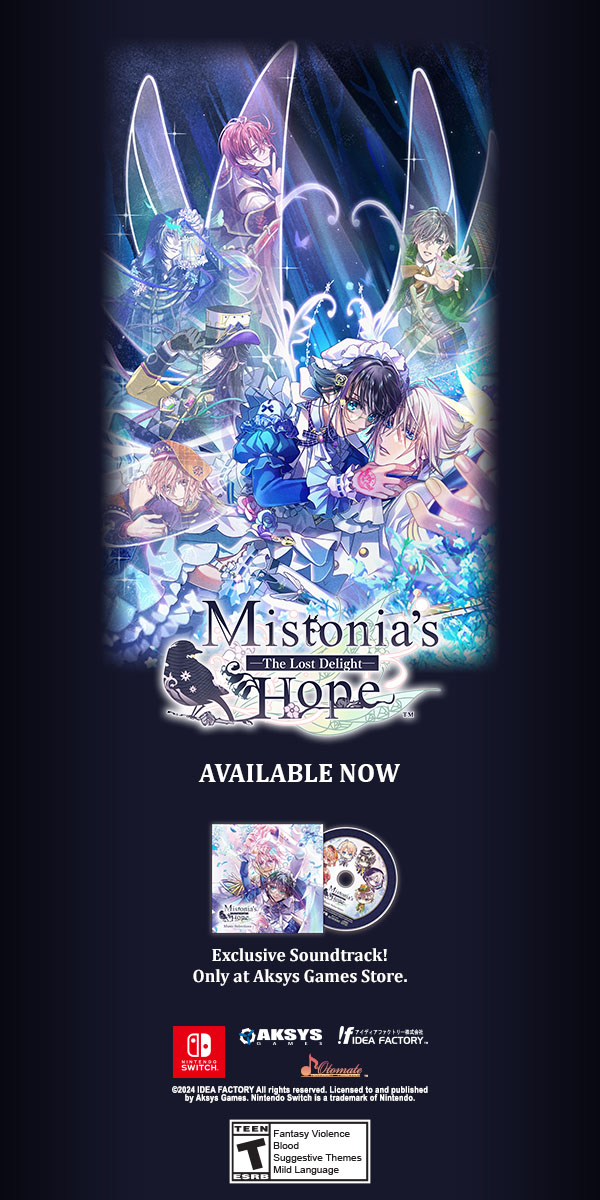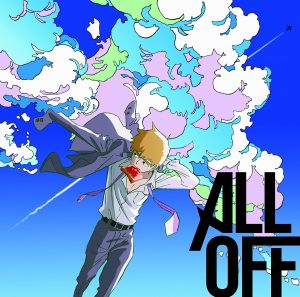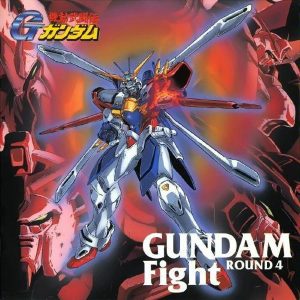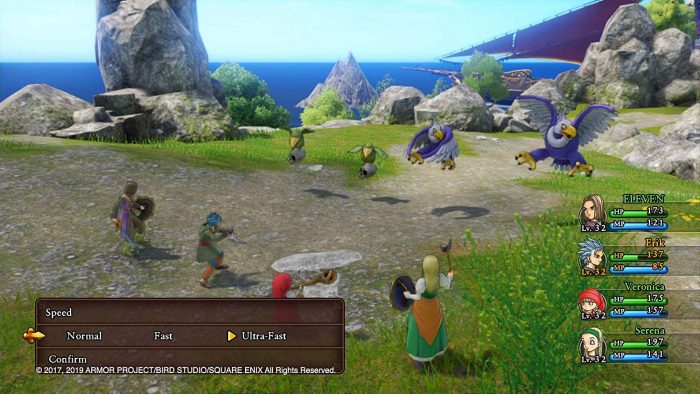
Whether it’s anime, manga, or games, the process of taking the original source material in Japanese and putting it into another language isn’t as straightforward as you (might) think it is, even for those who are knowledgeable in Japanese. For audiences that are enthusiasts of Japanese pop culture, the dub vs. sub debate dates back to the age of VHS! However, this isn’t just about dub vs. sub, but how companies take the original content and make it suitable for its target audience.
Suiting the Audience
Translating and localizing go hand-in-hand, but by no means are they 100% one and the same. We have to keep in mind that languages, even those that are spoken throughout the world, are all expressed differently. English is mainly spoken in the US, Canada, the UK, Australia, New Zealand, and numerous others. Just because more than one country speaks English, it doesn’t mean that all these countries express it the same way. Even American English has numerous unique dialects depending on the region; throughout East Coast, the South, and the Midwest.
When a company wants to localize a product for its audience, they have to find a way to make it suitable for audiences that speak the target language. However, based on the content of the game, localizers will find a way to make it sound unique. In the case of the original Dragon Quest, the localization team used Shakespearean English to best represent the game’s fantasy setting for English speaking gamers, while the original Japanese version largely uses standard Japanese to appeal to children, their respective target audience.
Variations of Japanese
What also makes the localization even more difficult than it looks is that even Japanese has multiple dialects. Many regions have their own unique dialects beyond standard Tokyo Japanese. Some areas such as Osaka, Hiroshima, Nagoya, Fukuoka, and many others have exclusive dialects that are recognizable to the mainstream (such as Osaka dialect), and there are dialects that sound foreign to most native Japanese speakers, such as the Yamagata dialect (try watching a drama called O-shin to get an idea of how unusual Yamagata’s dialect sounds).
When games and/or anime feature these distinguishing dialects, the translator/localizer has the task of not just translating what is being said, but of maintaining the original idea that whatever is being spoken is in a completely different dialect. In some instances, Osaka dialect is occasionally converted to American Southern speech along with the stereotypical accents, as seen in the dubs of Magic Knight Rayearth and Ace Attorney. In the case of Sega’s Yakuza franchise, the localization team tends to make the Osaka dialect sound rougher since that is the image many non-Osaka native Japanese speakers have of the dialect.
As it relates to Rayearth and Ace Attorney, converting the Osaka dialect into an American Southern dialect works because it is one of the most recognizable accents in American English that tends to be the subject of parody, which is also true of the Osaka dialect since it is often used in Japanese stand-up comedy. On the other hand, much of Japanese gangster lingo comes from the Osaka dialect, and the localization of the Yakuza franchise also does an effective job of conveying those qualities.
Culture/Humor
Without a shadow of a doubt, culture and language go hand in hand. Many countries love to make references to their respective pop culture and/or with wordplay. Ace Attorney has a lot of visual cues that allude to Japanese culture and many gamers would think that the localization process would still be more in-tune with its Japanese counterpart, and that isn’t at all the case. The reason for this is that a lot of the original Japanese text uses a lot of wordplay that works only in Japanese and would NEVER work in English. The game is FULL of them to the point that they qualify as its own article!
To give one quick example, in both the game and anime, Phoenix Wright (or Ryuichi Naruhodo in the Japanese version) has to investigate the Gatewater Hotel. Any American knows it’s a spoof of the Watergate Hotel scandal that led to the resignation of Richard Nixon. In the original Japanese version, it was called the Bando Hotel, and it had no significant meaning. However, there are reasons that lead to the localization of the name as it relates to wiretapping and all Americans should know about the Watergate Scandal by eighth grade to get the reference.
Final Thoughts
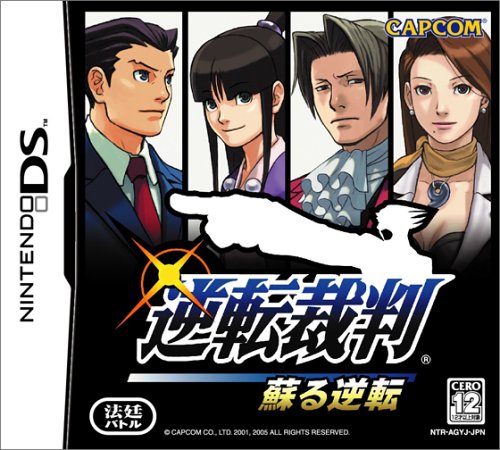
There’s no denying that the original Japanese language of an anime, manga, or game offers a unique flavor. Media is a great motivational tool for wanting to study languages and that should be encouraged. On the other hand, due to significant cultural differences, or perhaps the context of the game, certain phrases and words need to be modified; but at the same time, they still convey the original meaning whether it’s something dramatic, frightening, or humorous. Purists need to understand that certain certain phrases, jokes, and stories don’t transition well into other languages and vice-versa. If the localization team manages to convey the original message of what is written for its target audience, then that is what ultimately defines a great localization.
Recommended Post
Lyrical Localization: Official English Versions of Anime Songs
Recommended Post
